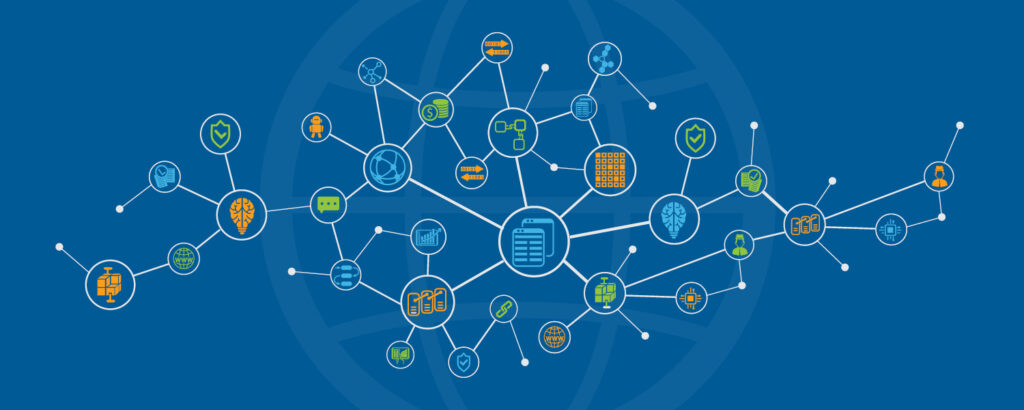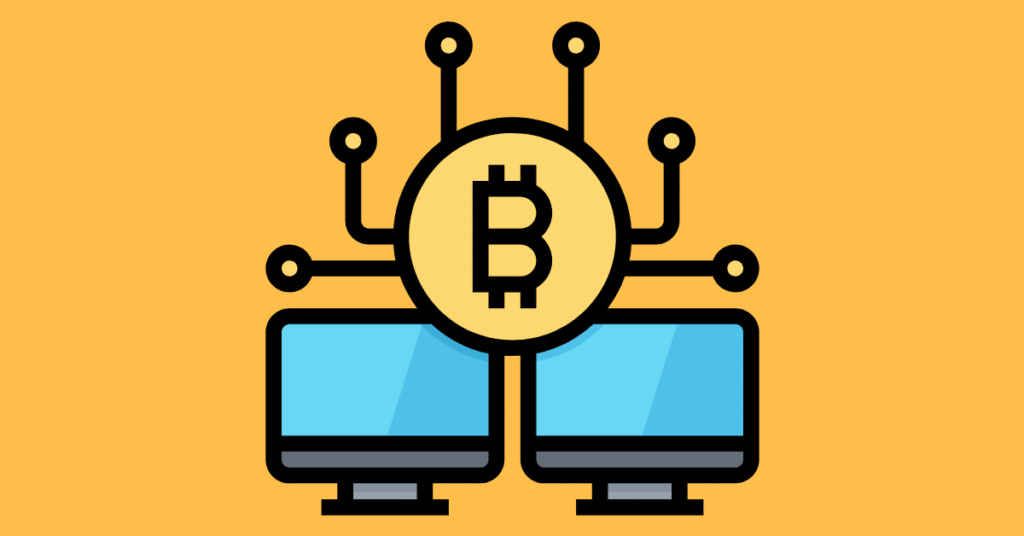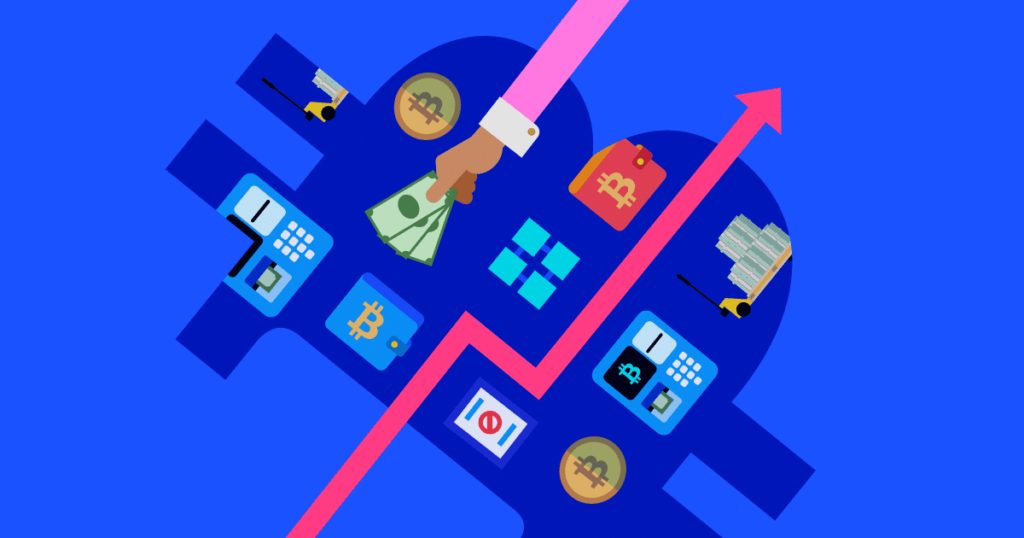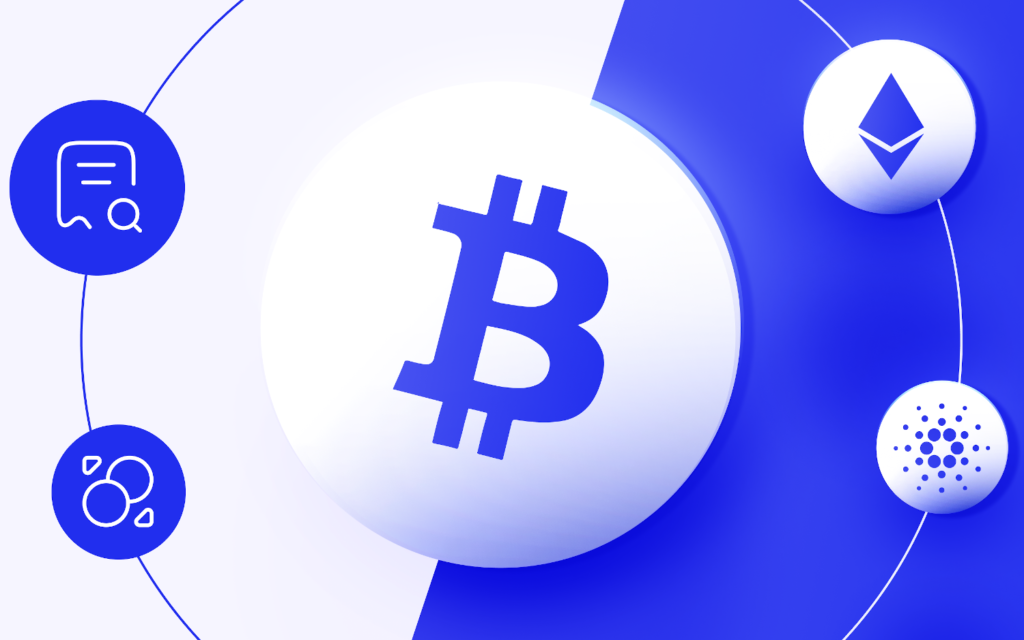Blockchain Explorers Guide For Beginners: A blockchain explorer is a tool used to view, investigate, and interact with the data stored on a blockchain. It enables users to look up transactions, wallet addresses, and other related data on the public ledger. A blockchain explorer allows users to search for details of specific transactions or wallet addresses by their ID number, find out the balance of an address, or track token transfers and usage. In this way, it serves as an interface into the underlying blockchain network.

The most basic part of a blockchain explorer is the view of all blocks in the chain, along with their respective timestamps and confirmations. The viewer can see all pending unconfirmed transactions which have yet to be added to any block in the chain. Some explorers also show details about each transaction such as maturation time and fees sent alongside the transaction request.
What are Blockchain Explorers?
Blockchain Explorers Guide For Beginners: Blockchain explorers are software tools, somewhat similar to search engines, that allow users to search for data and explore data points on a blockchain. Blockchain explorers use APIs and connect to blockchain nodes in order to view data on a blockchain such as transactions, blocks, contract addresses, and more. Compare the best Blockchain Explorers currently available using the table below.
Blockchain explorers are software tools: Blockchain explorers also offer advanced features such as charts depicting cryptocurrency prices over time and how they correlate with Bitcoin’s price; details on any given coin’s market capitalization; estimates on mining payout rewards; the total amount of coins mined so far; information related to forks; and much more. They are sometimes called “blockchain analysts” due to their ability to provide detailed analysis of past performance that can be used by traders when making decisions related to investments within the digital currency space.

Blockchain Explorers Guide For Beginners: Explorers can help cryptocurrency users stay one step ahead by providing them with up-to-date information on wallets without having to constantly open new ones or update existing ones manually. Additionally, these tools allow investors and traders alike greater insight into their activity on various networks so they can better understand where their funds are going or coming from. Ultimately, these tracking resources exist for individuals interested in staying informed about Blockchain technology advancements as well as for companies looking for ways to improve their internal processes using distributed ledgers.
Features Provided by Blockchain Explorers
Block Height
Features Provided by Blockchain Explorers: Block height is a measure of how many blocks have been added to the blockchain. It’s essentially a way to keep track of where a particular block sits in relation to other blocks.
Transactions
Features Provided by Blockchain Explorers: Blockchain explorers provide a detailed view of all the transactions that have taken place on the chain, including transaction hashes, sender and receiver addresses, inputs and outputs, and more.

Address Lookup
Features Provided by Blockchain Explorers: Blockchain explorers make it easy for users to look up an address quickly by providing an easy-to-use UI. This makes it possible to view information related to any given address such as the number of funds held in that address or all transactions associated with it.
Blocks & Headers
Features Provided by Blockchain Explorers: Explorers also allow users to view the details of individual blocks and headers, which can be useful for debugging issues or verifying transactions are being processed correctly.
Network Analytics
Features Provided by Blockchain Explorers: Many blockchain explorers provide insights into network health, such as hash rate, difficulty levels, number of nodes connected, and more. This data can be used by developers to gain insight into the current status and performance of their nodes or networks.

Charts & Graphs
Features Provided by Blockchain Explorers: Graphical representations are often useful when attempting to interpret large datasets in real-time; most blockchain explorers provide a visual representation of important network values like fees paid over time or network traffic from specific addresses over time.
Types of Blockchain Explorers
Block Explorer
Blockchain Explorers Guide For Beginners: A block explorer is an online tool for viewing and searching the contents of a blockchain. It allows users to search for a specific transaction, address, or block number, view details about a particular transaction, access historical data, and charts displaying how the network has grown over time, and view detailed information on Bitcoin nodes.
Network Stats Explorer
Blockchain Explorers Guide For Beginners: This type of blockchain explorer provides basic network statistics such as the total number of transactions per day, the average size of blocks, and other aggregate data. These explorers also provide insight into various metrics such as mempool size, hash rate, difficulty level, etc.

Address Explorer
Blockchain Explorers Guide For Beginners: An address explorer is a specialized tool that allows users to search for specific addresses in order to track their activity on the blockchain. It enables users to monitor received funds, sent payments, total balance, etc. for any given address.
Contract Explorers
Blockchain Explorers Guide For Beginners: A contract explorer is designed specifically for smart contracts running on a blockchain platform such as Ethereum and NEO. It provides users with insight into the details associated with each smart contract including its source code and deployed functions along with its execution times and results from operations that have been performed on it so far.
Market Explorers
Blockchain Explorers Guide For Beginners: This type of blockchain explorer offers insights into market activities related to cryptocurrencies such as prices, order book data, trading volumes, etc., helping traders make better decisions when investing in digital assets. It also provides an overview of exchanges where tokens can be bought or sold along with other basic metrics like market cap rankings etc.

Trends Related to Blockchain Explorers
Blockchain Explorers Guide For Beginners: Blockchain explorers provide users with a way to view and verify the contents of a blockchain. They are used to track transactions and explore the ledger that stores all the data associated with blockchain transactions. The use of blockchain explorers has grown in recent years as more people have become interested in blockchain technology and its potential applications.
Trends Related to Blockchain Explorers: Blockchain explorers are becoming increasingly popular due to their ability to provide real-time information on the status of any transaction and other activity on the blockchain. This can be useful for monitoring transactions, verifying payments, and tracking smart contracts. With the rise of decentralized finance (DeFi) platforms, blockchain explorers have become even more important for understanding financial activity on these platforms.
Blockchain Explorers Guide For Beginners: Additionally, they can be used to track tokens created by DeFi projects, as well as analyze their growth and performance over time. Additionally, blockchain explorers are becoming increasingly user-friendly, making it easier for users to access data and interact with the blockchain without needing specialized technical knowledge. This makes them even more attractive to mainstream users who may not have experience with blockchain technology.

Trends Related to Blockchain Explorers: Finally, blockchain explorers are being used as a tool for regulatory compliance as governments around the world look to monitor and regulate digital assets. These tools can help governments understand how digital assets are being used, allowing them to better understand risks and develop regulatory frameworks accordingly.
Advantages of Blockchain Explorers
Transparency
Advantages of Blockchain Explorers: Blockchain explorers offer a transparent view of blockchain transactions and the entire network, allowing users to track each transaction. This allows firms and individuals to monitor the history of their digital assets.
Security
Advantages of Blockchain Explorers: Blockchain explorers can also be used as a security tool to identify suspicious activity on a distributed ledger. By providing an open-source platform, users can detect fraudulent activities early on, thus enhancing the overall security of the network.
Tracking
Advantages of Blockchain Explorers: Blockchain explorers provide a comprehensive view of all transactions that have occurred in the past and are currently happening in real time, thus allowing users to track every move within their accounts or follow an asset’s path across exchanges.

Cost Reduction
Advantages of Blockchain Explorers: By utilizing blockchain technology, companies can reduce overhead costs associated with complex account audits from intermediaries. Furthermore, blockchain platforms are secure and immutable which reduces the need for third-party verification services and manual reconciliation processes.
Accessibility
Advantages of Blockchain Explorers: Developers can create multiple nodes using existing networks so that users have access to information regarding every transaction made by anyone on that particular platform regardless of whether they are part of it or not – making it easier to verify transactions as well as identify discrepancies quickly and accurately.
How to Pick the Right Blockchain Explorer
How to Pick the Right Blockchain Explorer: In order to select the right blockchain explorers, it is important to consider several factors.
Step 1: First, users should evaluate how easy it is to use the explorer by looking at user reviews and feedback.
Step 2: Additionally, users should make sure that the explorer provides good search capabilities and visualizations of data, as well as detailed transaction histories and wallet addresses.

Step 2: Furthermore, users should check if the explorer supports multiple blockchains or just one specific type of blockchain. Finally, they should also ensure that the explorer is secure and up-to-date with its security measures and protocols.
Make use of the comparison tools above to organize and sort all of the blockchain explorer’s products available.
What Types of Users Use Blockchain Explorers?
Cryptocurrency Traders
These users regularly use blockchain explorers to monitor their cryptocurrency investments. They can use explorer to track the price movements of different coins, view transactions and balances associated with specific wallets, and more.
Businesses
Companies may use blockchain explorers to keep track of customer payments, verify records on a shared ledger, or audit the security of their internal systems.
Regulators
Governments and regulatory bodies can use blockchain explorers to investigate suspicious transactions or validate data from financial institutions.

Researchers
Academics and other researchers often turn to blockchain explorers for studying the network operations and user behavior associated with cryptocurrencies.
Developers
Developers frequently consult blockchain explorers for information about application programming interface (API) calls, network performance metrics, block heights, transaction hashes, and more.
Security Professionals
Security professionals make use of blockchain explorers to identify malicious activity such as double spending or 51% attacks on a given blockchain platform.
How Much Do Blockchain Explorers Cost?

Blockchain Explorers Guide For Beginners: The cost of blockchain explorers can vary widely, depending on the needs of the business or individual choosing to use a blockchain explorer. For smaller businesses or individuals just looking to casually explore blockchain transactions, there are some free-to-use options available, such as Blockchain and Block Explorer. These free options typically offer fewer features than their paid counterparts, and may not have the same level of security or reliability.
Blockchain Explorers Guide For Beginners: Paid options typically charge a monthly subscription fee ranging from $5-$99 USD per month, depending on the service being used and its associated features. Some premium services also offer additional add-ons that may be used for more complex analytics and investigations. Many of these service providers also offer custom development services for those needing more advanced features or integrations with other applications. Prices for custom development services vary widely but tend to start in the hundreds of dollars range.
Blockchain Explorers Guide For Beginners: Finally, companies or organizations looking to create their own blockchain explorer can choose from several open-source block explorers solutions like Insight or Bitcore. Depending on the particular technical requirements needed by the organization, these solutions may require customization and integration with other systems which could add significantly to overall costs if an outside consultant is hired for implementation assistance.

What Software Do Blockchain Explorers Integrate With?
Blockchain Explorers Guide For Beginners: Blockchain explorers are tools used to track and monitor transactions made on a blockchain network. They provide a visual representation of the ledger, allowing users to view all recent transactions as well as explore more detailed information about each block. Blockchain explorers can be integrated with various types of software in order to gain additional insights into the data stored within the blockchain.
Blockchain Explorers Guide For Beginners: Examples of software that can integrate with blockchain explorers include analytics platforms, accounting programs, and cryptocurrency wallet services. Analytics platforms allow users to analyze trends within the data and generate graphical representations of the information while accounting programs enable users to track financial movements related to transactions on the blockchain. Cryptocurrency wallet services can utilize these explorer integrations to provide their users with a better understanding of their transaction history.
Check Also: Best 15 Blockchain Development Companies
Frequently Asked Questions (FAQs)
What is the purpose of blockchain Explorer?
Software for visualizing blocks, transactions, and blockchain network metrics.
What is the alternative to blockchain Explorer?
Other great sites and apps similar to Blockchain – Bitcoin Block Explorer are Bitcoin.com Explorer, BTC.com – Bitcoin Explorer, Entropy Explorer, and BeMoreBitcoin Bitcoin Wallet Lookup. Blockchain – Bitcoin Block Explorer is a popular and powerful bitcoin block explorer.
What is the best blockchain explorer?
Out of interest, you might want to find out more about the best blockchain explorers for Ripple. The Ripple (XRP) Explorer gives you detailed information on Ripple transactions, addresses, and blocks.
Can blockchain replace passwords?
The interaction between users and applications built on a blockchain protocol with the additional use of hardware keys creates a seamless and passwordless experience and provides a much more robust and protected environment when users are online.
Which language is used for blockchain?
Blockchain Architecture Programming – Languages that work closer to the machine, such as C and Java, are commonly used for this type of coding and are the best language for blockchain development.
Can data be lost in blockchain?
In this way, a blockchain is a foundation for immutable ledgers, or records of transactions that cannot be altered, deleted, or destroyed. This is why blockchains are also known as distributed ledger technology (DLT).
